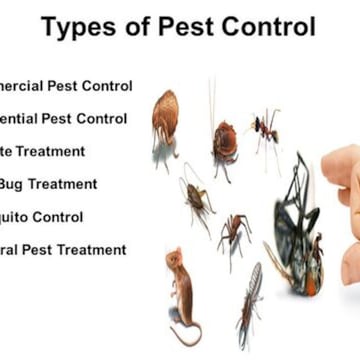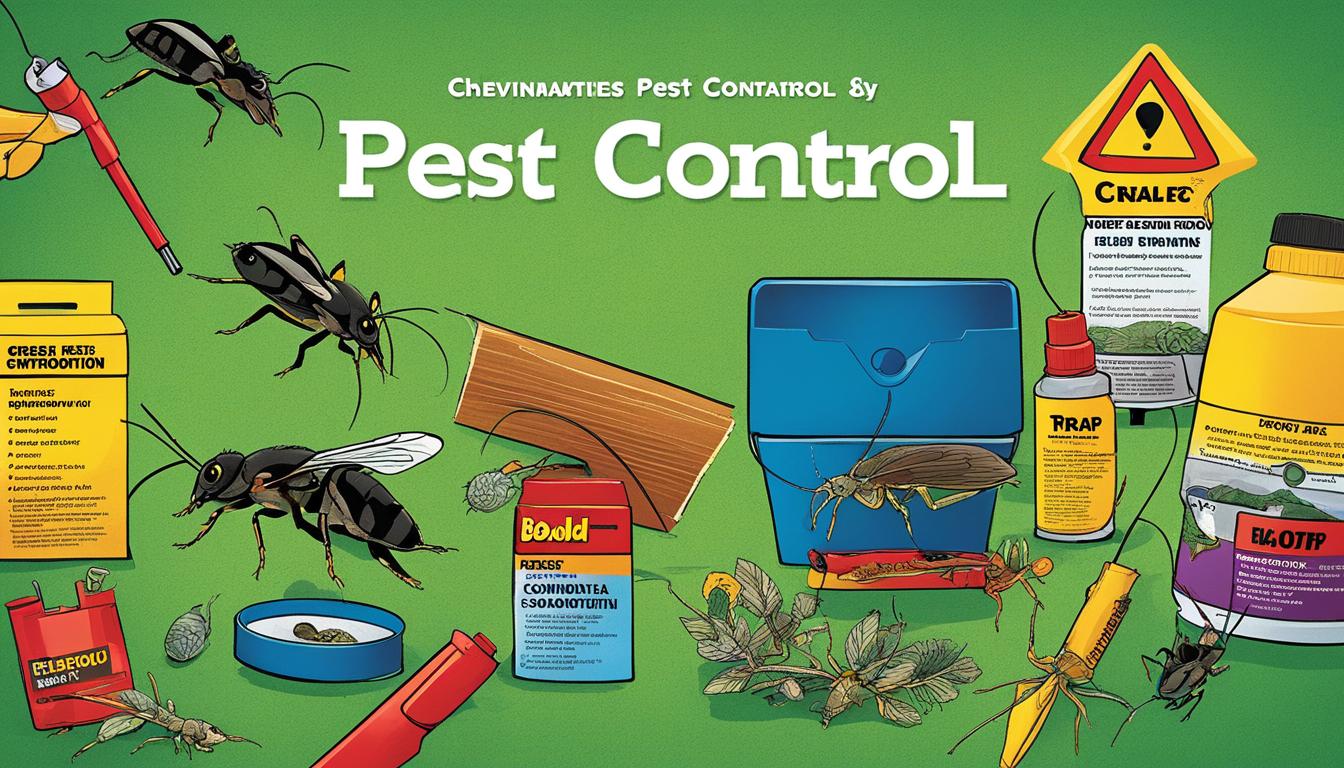Some Known Details About Pest Control
Some Known Details About Pest Control
Blog Article
The Main Principles Of Pest Control
Table of ContentsThe 20-Second Trick For Pest ControlWhat Does Pest Control Mean?The Basic Principles Of Pest Control Pest Control for DummiesThe Ultimate Guide To Pest Control
Limitations of Chemical Management Have the ability to analyze parasite issues, figure out if monitoring is needed, and make suitable suggestions making use of IPM strategies. Be familiar with various methods of pest administration - their benefits and restrictions. Comprehend the worth of valuable insects. It is not possibleor also desirableto rid yards of all bugs.This phase discusses (IPM), a method that makes use of knowledge regarding bugs and their, practices, nonchemical techniques, and chemicals to handle pest issues. Added details concerning IPM for details plants is consisted of in phases that focus on those plants. Nonchemical insect control actions are stressed in chapter 17, "Organic Horticulture." Taking care of birds and animals is covered in phase 20, "Wildlife." Managing in the lawn and yard is covered in phase 6, "Weeds." Pests in a garden or landscape may consist of pests and mites, weeds,, mammals, and birds.
Many individuals hurry to pull, hoe, or spray every weed they see. Bugs and weeds, nonetheless, play a function in the. After growing a yard or establishing a lawn, the natural process of plant sequence begins to reestablish and nonnative plants. A weed expanding in a grass stands for the initial phase in a sequence of occasions that, if enabled to continue, could eventually result in a forest.
What we call "parasites" become part of a natural system at the workplace. An environment has no bugs. Only human beings take into consideration particular types insects when they occur where they are not desired. We will be much more effective in managing unwanted varieties when we recognize that these organisms adhere to predictable patterns that we can use to our benefit.
What Does Pest Control Do?
Parasites vulnerable to a chemical were rapidly eliminated, leaving resistant ones to reproduce and increase. It ended up being clear that chemicals alone would not resolve all parasite issues. Rather, overuse of chemicals triggered the advancement of resistant parasites. Researchers began to develop a new approach to pest control. This new technique was referred to as integrated parasite management (IPM).
An IPM strategy permits some level of parasites in the environment. Insects are much less most likely to endure a program that uses many various methods of reducing their populations. Integrated insect administration was very first recommended by entomologists due to read review the fact that insects were the very first group of insects to verify hard to take care of with chemicals alone.
A limit is the point at which action should be taken. IPM has extended past pests to administration of all pest populations: weeds, disease organisms, and animals.
Not known Facts About Pest Control
Administration rather than obliteration of parasites is the goal. An IPM strategy begins with a cautious assessment of each parasite problem. Only after that can one determine regarding the appropriate methods required to subdue bug activities. The life process of the bug, possible damages, all-natural enemies, and impacts of weather, amongst various other elements, are considered before a control strategy is executed - Pest Control.
Clover expanding in a yard may be deemed an undesirable weed, but as a vegetable it is manufacturing nitrogen for the soil and the flowers are offering nectar to honey and other. Tolerance for some weeds might be component of an IPM plan. may be consuming the leaves review of a plant, yet when they are recognized as the larvae of Eastern tiger swallowtail butterflies, their damage may be tolerated so we can appreciate the gorgeous butterfly.

The 2nd most vital tool in bug monitoring is very early treatment. Reacting to issues promptly, before they have time to multiply, needs a much less significant intervention.
Some Known Questions About Pest Control.
Many safe, useful, nonchemical techniques of plant security and insect administration may minimize or get rid of the requirement to spray. Other methods are most helpful when utilized with pesticides. To execute administration practices correctly and to minimize losses, gardeners must be conscious of the sorts of pests that attack plants and understand pest biology.

Carrying out a dirt examination and applying only the suggested quantity of fertilizer and lime makes the most of the benefit to the plant while lessening problems connected to too much use of fertilizer - Pest Control. Covering the soil with a number of inches of compost shields the plant in several ways: minimizing dirt click to read water loss to dissipation, decreasing weed competitors, supplying nutrients, and creating a suitable atmosphere for earthworms and bacteria that keep the dirt loosened for origins and damage down organic material to release nutrients
If mulch touches the trunk, it can produce a method for voles, germs, and fungi to attack the plant. Do not make use of manure or garden compost that has actually not completely disintegrated as a top dressing because it can urge unwanted bugs. Study recommends that farming is harmful to soil framework.
Everything about Pest Control
If tilling is considered essential, consider doing it in the fall when the life cycles of numerous insects brings them near the surface. At the surface, parasites become exposed to the weather as well as birds and other all-natural opponents.
Report this page